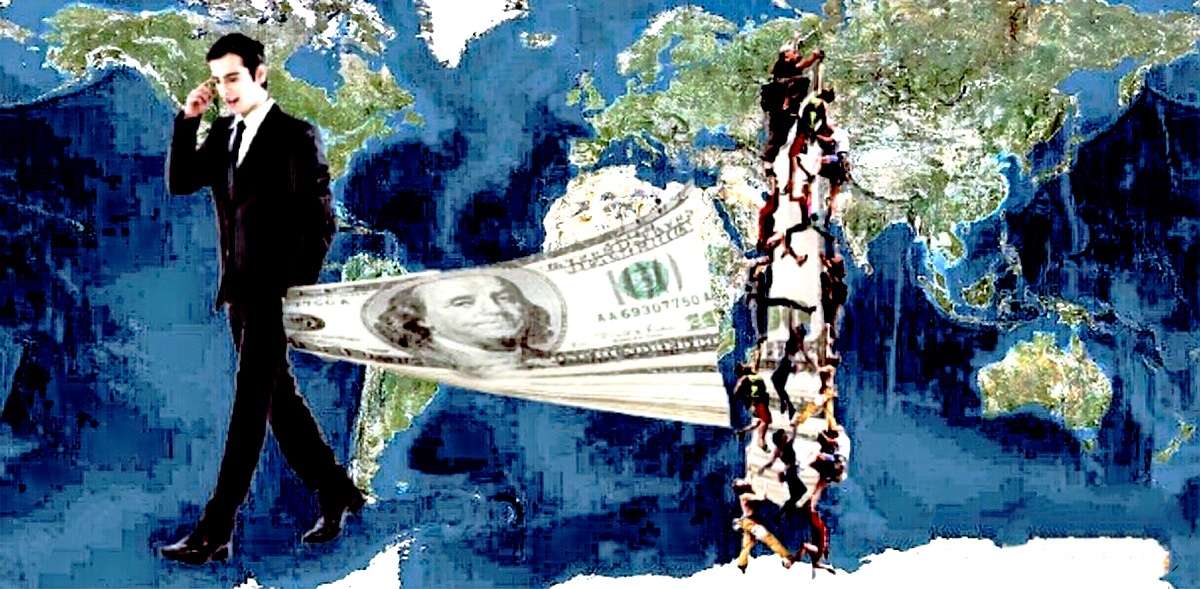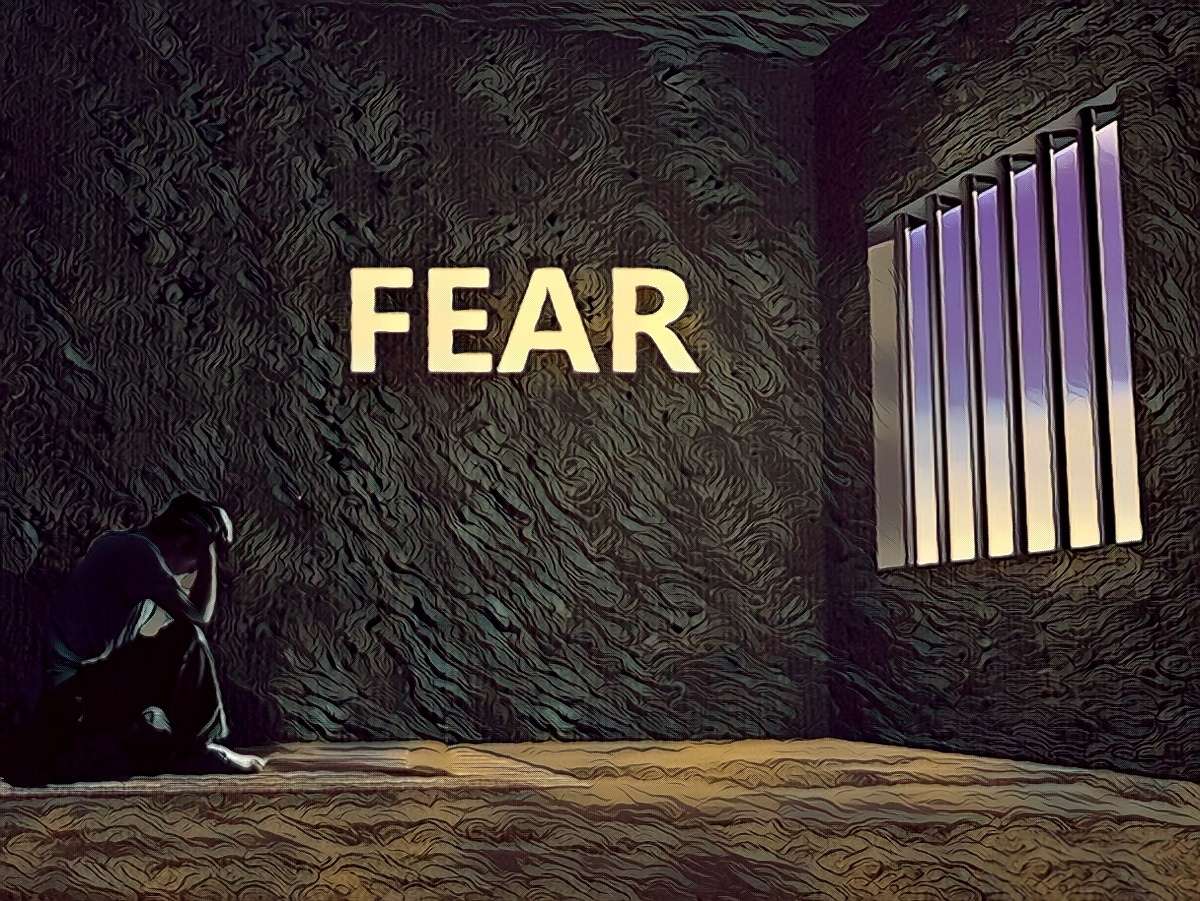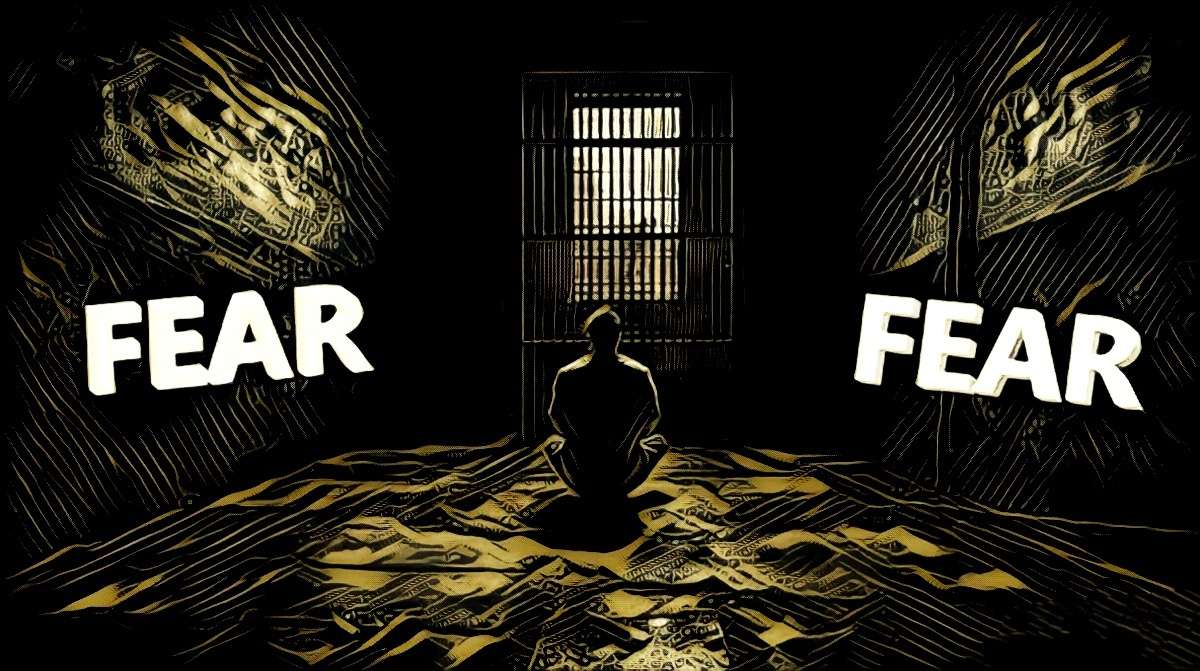
The stark reality of our time is a world where economic inequality is reaching unprecedented levels. The gap between the rich and the poor is widening at an alarming rate, with wealth becoming increasingly concentrated in the hands of a select few.This growing disparity has far-reaching consequences, affecting not only economic stability but also social cohesion, political polarization, and global security.
The Rise of the Super-Rich
In recent decades, a new class of ultra-wealthy individuals has emerged, amassing fortunes beyond imagination. This concentration of wealth is driven by a variety of factors, including globalization, technological advancements, and changes in tax policies. Multinational corporations have expanded their operations across borders, leading to a surge in profits for a small group of shareholders. The rise of the digital economy has further accelerated wealth accumulation.
Globalization and Technological Advancements: While globalization has created opportunities for economic growth, it has also led to job displacement and wage stagnation for many workers. Technological advancements, such as automation and artificial intelligence, are further exacerbating this trend by replacing human labor with machines.
Moreover, tax policies in many countries have favored the wealthy, with lower tax rates on capital gains and dividends. This has allowed the rich to accumulate wealth at a faster rate than the middle class and the poor. As a result, a small fraction of the population now controls a disproportionate share of global wealth.
The Struggles of the Poor
While the rich are getting richer, the poor are struggling to make ends meet. Low-wage jobs, stagnant wages, and rising costs of living have made it increasingly difficult for many people to afford basic necessities such as housing, food, and healthcare. The COVID-19 pandemic has further exacerbated this trend, as millions of people lost their jobs and businesses were forced to close.
The consequences of poverty are far-reaching. Poverty can lead to poor health outcomes, limited educational opportunities, and increased crime rates.It can also create social and political instability, as people become frustrated and disillusioned with the system.
The Social and Economic Costs of Inequality
The growing gap between the rich and the poor has serious implications for society as a whole. It can lead to increased social tensions, as people from different socioeconomic backgrounds become increasingly divided.
It can also undermine social mobility, making it harder for people from disadvantaged backgrounds to improve their lives.
Social Unrest: Rising inequality can fuel social unrest and political instability. When people feel that the system is unfair, they are more likely to protest and demand change.
The stark reality of our time is a world where economic inequality is reaching unprecedented levels. The gap between the rich and the poor is widening at an alarming rate, with wealth becoming increasingly concentrated in the hands of a select few.This growing disparity has far-reaching consequences, affecting not only economic stability but also social cohesion, political polarization, and global security.
The Rise of the Super-Rich
In recent decades, a new class of ultra-wealthy individuals has emerged, amassing fortunes beyond imagination. This concentration of wealth is driven by a variety of factors, including globalization, technological advancements, and changes in tax policies. Multinational corporations have expanded their operations across borders, leading to a surge in profits for a small group of shareholders. The rise of the digital economy has further accelerated wealth accumulation.
Globalization and Technological Advancements:
While globalization has created opportunities for economic growth, it has also led to job displacement and wage stagnation for many workers. Technological advancements, such as automation and artificial intelligence, are further exacerbating this trend by replacing human labor with machines.
Moreover, tax policies in many countries have favored the wealthy, with lower tax rates on capital gains and dividends. This has allowed the rich to accumulate wealth at a faster rate than the middle class and the poor. As a result, a small fraction of the population now controls a disproportionate share of global wealth.

The Struggles of the Poor
While the rich are getting richer, the poor are struggling to make ends meet. Low-wage jobs, stagnant wages, and rising costs of living have made it increasingly difficult for many people to afford basic necessities such as housing, food, and healthcare. The COVID-19 pandemic has further exacerbated this trend, as millions of people lost their jobs and businesses were forced to close.
The consequences of poverty are far-reaching. Poverty can lead to poor health outcomes, limited educational opportunities, and increased crime rates. It can also create social and political instability, as people become frustrated and disillusioned with the system.
The Social and Economic Costs of Inequality
The growing gap between the rich and the poor has serious implications for society as a whole. It can lead to increased social tensions, as people from different socioeconomic backgrounds become increasingly divided.7 It can also undermine social mobility, making it harder for people from disadvantaged backgrounds to improve their lives.
Social Unrest
Rising inequality can fuel social unrest and political instability. When people feel that the system is unfair, they are more likely to protest and demand change.
Moreover, inequality can have negative economic consequences.9 When wealth is concentrated in the hands of a few, it can lead to reduced demand for goods and services, which can slow economic growth. It can also exacerbate financial crises, as the wealthy may be more likely to hoard wealth during times of economic uncertainty.
Addressing the Inequality Crisis
To address the growing problem of inequality, a multifaceted approach is needed. Governments must implement policies that promote economic growth and job creation, while also ensuring that the benefits of growth are shared more equitably. This may involve progressive taxation, increased investment in education and healthcare, and stronger labor unions.
International cooperation is also crucial. Global tax reforms are needed to prevent corporations and wealthy individuals from avoiding taxes.10 Additionally, international efforts to combat corruption and illicit financial flows can help to reduce inequality on a global scale.
Ultimately, addressing inequality requires a fundamental shift in our economic and social systems. We must move away from a model that prioritizes the interests of the wealthy and toward one that promotes economic justice and social equity. By working together, we can create a more just and equitable world for all.






